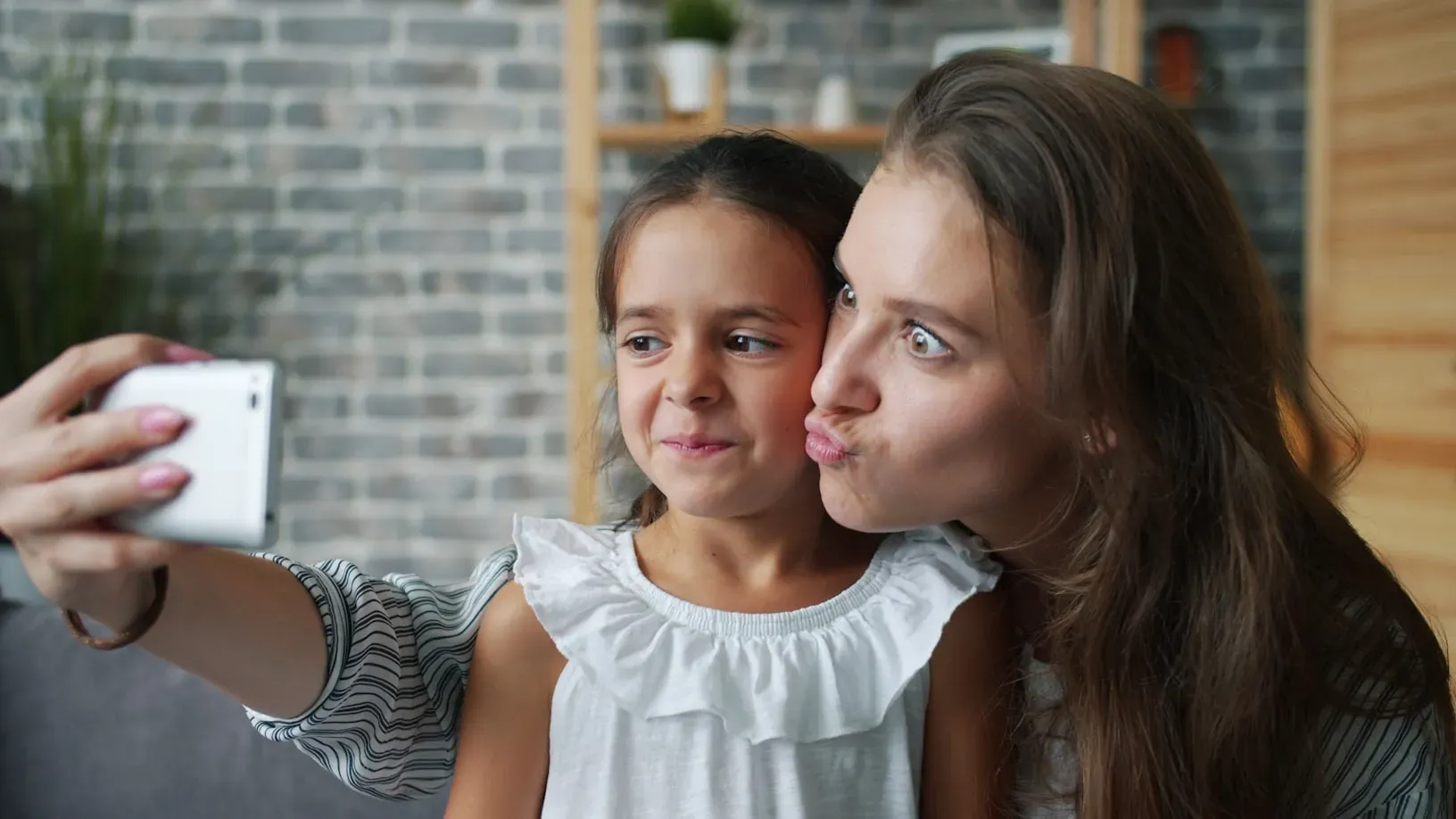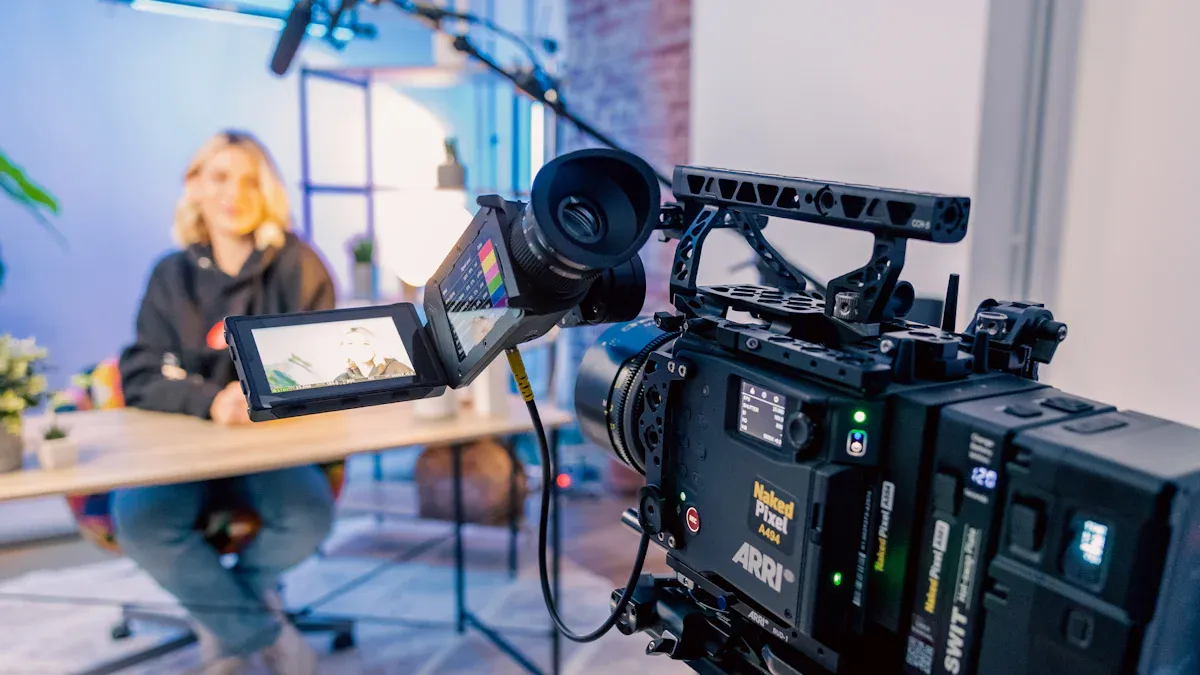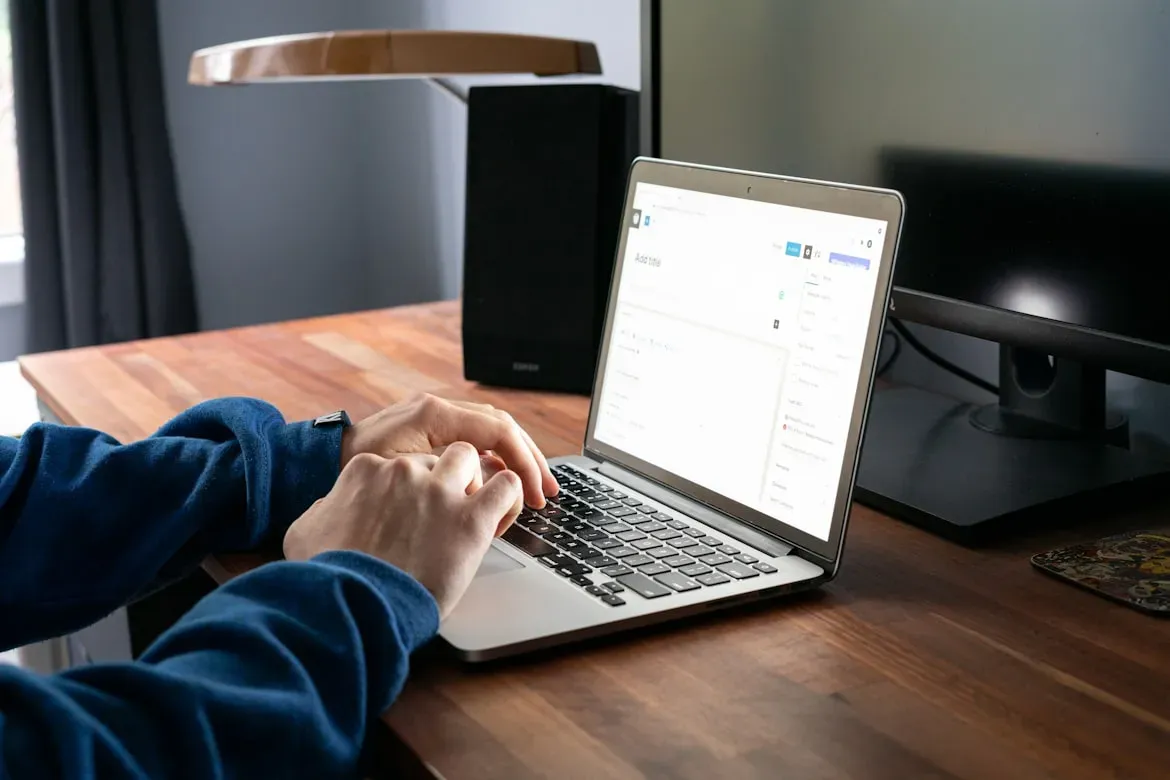The "kidfluencer" economy has evolved from a niche hobby into a global industry valued at billions of dollars. But at what cost? As the digital spotlight intensifies, child influencers face a unique set of psychological vulnerabilities that traditional child stars never encountered.
Recent studies in 2026 highlight a concerning trend: children raised in the algorithmic gaze often struggle with severe anxiety, emotional dysregulation, and identity fragmentation. Unlike actors who can step off a stage, an influencer's stage is their bedroom, their breakfast table, and their school. There is no "off" switch.
This comprehensive guide analyzes the hidden costs of monetizing childhood, exploring the cognitive, social, and emotional fallout of growing up online.
1. The Mental Health Toll: Living for the Like
The Dopamine Loop and Addiction
Social media platforms are engineered to trigger dopamine release via "variable reward schedules"—the same mechanism used in slot machines. For a developing brain, this is potent. Child influencers often develop a dependency on the instant gratification of likes and comments. When a post underperforms, the withdrawal of this digital validation can trigger depressive episodes and irritability, wiring the brain to equate happiness with metrics.
Performance Anxiety and "Always-On" Culture
Child influencers operate under a microscope with no seasonal break. The pressure to maintain a flawless public image creates chronic stress. They must constantly self-monitor their behavior, appearance, and speech to avoid "cancellation" or audience disapproval. This hyper-vigilance often manifests as generalized anxiety disorder (GAD) or sleep disturbances.
Body Dysmorphia in the Filter Era
Influencers are often expected to present an idealized version of reality. Constant exposure to filtered images and editing tools distorts a child's perception of their own appearance. Research indicates that 31% of teenagers feel ashamed of their bodies due to social media comparisons.
For influencers, whose physical appearance is often their "product," the risk of developing body dysmorphia and eating disorders is critically high.
2. Identity Formation: Who Am I vs. Who They Want Me To Be
The "Audience Capture" Phenomenon
Adolescence is the critical period for discovering one's identity. However, child influencers often fall victim to "Audience Capture"—where they unconsciously reshape their personality to match what their followers reward.
If a child gets more likes for being "sassy" or "emotional," they may exaggerate these traits until the performance consumes their real personality. This leads to a fragmented identity, where the child no longer knows where the character ends and the person begins.
Self-Worth Tied to Algorithms
When self-worth is quantified by an algorithm, emotional stability becomes impossible. A change in the TikTok algorithm that reduces views is often internalized as a personal failure or rejection. This external locus of self-worth hinders the development of internal confidence and resilience, traits essential for navigating adult life.
3. Social Development and Peer Isolation

The Loss of Relatable Peers
Fame creates a barrier. Child influencers often struggle to relate to peers who are worried about homework while they are negotiating brand deals. This lifestyle gap leads to isolation. Furthermore, they often face jealousy or bullying at school, forcing many to switch to homeschooling, which further limits their social development and exposure to diverse viewpoints.
Parasocial Relationships vs. Real Friendship
Influencers spend hours interacting with fans—strangers who adore them. These "parasocial" relationships are one-sided and lack the complexity of real friendship. Children may begin to prefer the adulation of fans over the messy, difficult work of real-world conflict resolution and empathy building with peers, stunting their emotional maturity.
4. Privacy, Safety, and the "Digital Ghost"
The Permanent Digital Footprint
In 2026, the internet is forever. Content posted by a child at age 5 is still searchable when they apply for college or jobs at 18. This lack of consent over their own digital footprint can lead to resentment and embarrassment later in life. We are seeing the rise of the "Right to be Forgotten" movement, championed by former child influencers reclaiming their privacy.
AI and Deepfake Risks
A new threat in 2026 is the use of AI. High-resolution images of child influencers are increasingly being scraped to train AI models or, more disturbingly, to create "deepfake" content. The loss of control over one's own likeness creates a profound sense of violation and safety anxiety for young creators.
The "Sharenting" Crisis
Many influencers are not self-made; they are the subjects of "family vloggers." 76% of parents share their children online, often monetizing intimate moments like potty training, tantrums, or medical issues. This commodification of privacy destroys the parent-child trust bond, as the child realizes their vulnerable moments are for sale.
5. The "Aging Out" Crisis
What happens when a "cute kid" grows up? Many child influencers face a brutal career cliff when they hit puberty and lose their "marketability." This transition can trigger an existential crisis. Having spent their formative years defining themselves by audience approval, they may struggle to pivot to a normal life or career, leading to depression and identity loss similar to retired child actors.
6. The Legal Landscape: Protecting the Future
The "Coogan Act" for the Internet
Governments are finally catching up.
- Illinois (2024): Passed a groundbreaking law ensuring child influencers are compensated. It mandates that a portion of earnings be set aside in a trust (similar to the Coogan Act for actors) if the child appears in more than 30% of content.
- California & Minnesota: Considering legislation to enforce financial trusts for kidfluencers similar to Hollywood's Coogan Accounts.
- France: Leads the world with strict laws granting children the "right to be forgotten," allowing them to demand the removal of content upon turning 18 without parental consent.
Ethical Parenting Guardrails
For parents managing a child's career, psychologists recommend:
- The "No Camera" Zones: Designating bedrooms and bathrooms as strictly private areas.
- Veto Power: Giving the child the absolute right to delete a post or stop filming at any time, no questions asked.
- Financial Transparency: Involving the child in financial discussions to ensure they understand this is work, and that the money belongs to them.
Conclusion
The question isn't just "should kids be influencers?" but "how do we protect the human inside the content?" As the creator economy matures, we must prioritize the mental well-being of its youngest stars. Without strict boundaries, legal protections, and psychological support, we risk raising a generation defined by metrics rather than character.
FAQ
What are the signs of burnout in child influencers?
Signs include a sudden loss of interest in filming, irritability, sleep regression, or expressing a desire to "quit" despite previous enthusiasm. Physical symptoms like headaches or stomach aches before filming are also common indicators of somatic stress.
Can parents post their kids without consent?
Legally, yes, in most places. However, ethically, experts recommend involving children in the decision-making process early on. Once a child is old enough to understand, they should have the right to veto any content involving them.
Do child influencers make their own money?
Legally, in many jurisdictions, the money belongs to the parents unless specific laws (like in Illinois or California) are in place. In fact, this lack of financial agency is a major source of exploitation and future family conflict.
How does being an influencer affect academic performance?
It varies. While some balance it well, the demands of content creation often lead to missed school days or a shift to homeschooling. The focus on "likes" can also reduce intrinsic motivation for academic achievement, which offers delayed rather than instant rewards.
Can a child sue their parents for posting them?
In most countries, this is legally difficult while they are minors. However, upon reaching adulthood, there is growing legal precedent for children suing for lost earnings or invasion of privacy, particularly in Europe.
What is "Sharenting"?
"Sharenting" is the habitual use of social media by parents to share news and images of their children. While often well-intentioned, it creates a permanent digital footprint that the child has no control over, raising significant privacy and safety concerns.
What is the "Right to be Forgotten"?
This is a legal concept, most prominent in the EU, that allows individuals to request the removal of their personal data from the internet. For child influencers, this is crucial for erasing embarrassing or exploitative content posted by their parents.



